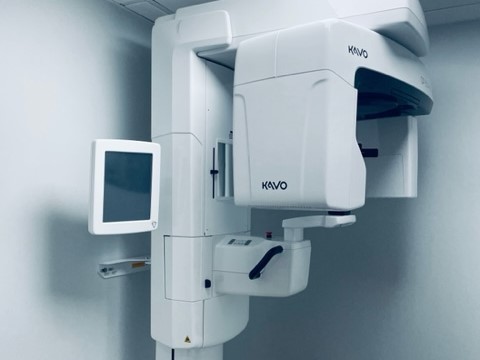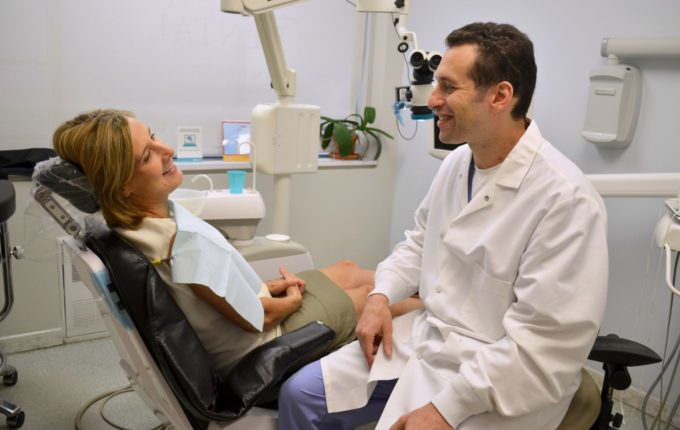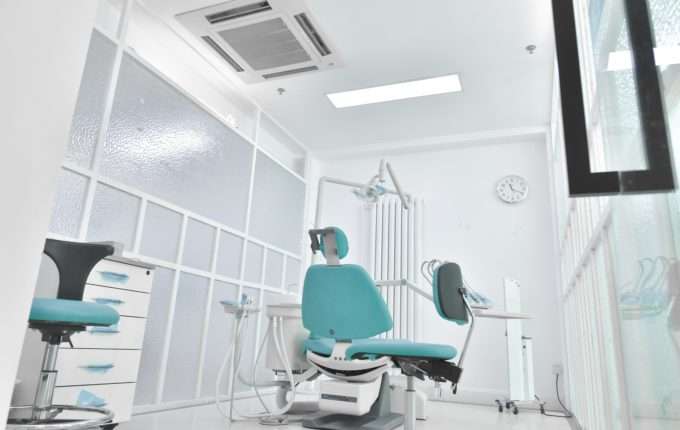What to Expect on Your First Endodontic Visit

Endodontics is a dental specialty, it is a non-invasive procedure designed to save our teeth. In the center of each tooth lies a chamber; in the chamber, we find an artery, vein and nerve, this is the “alive” part of the tooth and is referred to as the pulp.
If decay (bacteria), a fracture, a crack, or trauma invades the sanctity of the pulp chamber the tissue will die (necrose) and infection at the tip of the root will follow. Root canal therapy solves the problem of a dying pulp and saves our tooth from more aggressive treatment.
Questions You Should Ask About an Endodontic Procedure
Is the endodontic procedure necessary?
If the pulp of the tooth has been invaded by dental caries (cavities) or trauma. The pulp (nerve) will certainly die. This will be determined radiographically and confirmed upon clinical exam. If left untreated infection will form leading to an abscess which in turn leads to much more serious illness. This condition is irreversible and must be treated ASAP.
Are there treatment options?
If the pulp of the tooth is infected we know that root canal therapy is the best most conservative treatment (it is non-invasive). Another treatment is the extraction of the tooth. This too will solve the infectious process. Under certain conditions such as a tooth that is so decayed that it cannot be restored, extraction of the tooth with possible implant placement is a very viable alternative.
How long will my tooth last after treatment?
Following successful root canal therapy and placement of a core and crown the tooth should last the rest of a person’s life. The crown may need to be replaced in 10-15 years, however, the integrity of the tooth should last a lifetime.
What is the success rate (prognosis) for root canal therapy?
In general, the success rate of root canal therapy is more than 95%. When in the hands of an endodontist at MENYC, the procedure is successful 97% of the time.
How does my medical history affect endodontic treatment (allergies, pre-medications)?
Some patients’ medical history requires treatment with an antibiotic before root canal therapy. Some may be allergic to certain medications so it’s important that all pertinent medical history must be sorted out before root canal therapy.
How can you control my anxiety?
Most of the time by bonding with our patients, listening to their questions, allaying their fears and apprehensions, and explaining the procedure in detail, patients’ anxiety levels go way down. Additionally, we incorporate breathing techniques. At times medication is given the night before and or an hour before treatment. If this occurs the patient must be accompanied to the office by an adult.
What further work or restorations will I need on this tooth following RCT?
Following successful root canal therapy, the tooth will be restored with a core and crown, thus ensuring its health, function and esthetic.
What are the costs and financial arrangements I will need to make?
Our staff is here to help you with your financial arrangements and insurance questions.
Questions That We May Ask
- Have you been to our office previously?
- What doctor referred you to us?
- What is your name and date of birth?
- What tooth or area is giving you discomfort?
- Is there any swelling?
- What stimulus makes the tooth feel worse (i.e. hot, cold, pressure, chewing, lying down to sleep)?
- What is your medical history, allergies or need for premedications?
- What is the best time for your appointment?
Endodontic Treatment Process
First Visit
- Exam, x rays (radiographs)
- Discussion of the need for root canal therapy
- Treatment options
- Medications
- Restoration
- Payment arrangement
Second Visit
- Root canal therapy (usually completed in one visit under local anesthesia)
- Treatment usually takes an hour, people can return to work immediately
Follow Up
- Examine and post-operative x-ray to make sure that tooth is healing
- Restoration of the tooth with core and crown
Make an Appointment Today
We have extraordinary endodontists. They use a high-tech microscope to perform his endodontic therapy. Patients rave about our gentle, confident, and expert manner. Many patients tell us that they are so relaxed and comfortable that they fall asleep during treatment.
If you have tooth pain, gum swelling, or incur a traumatic oral event, don’t hesitate to call us at (347) 708-8795.
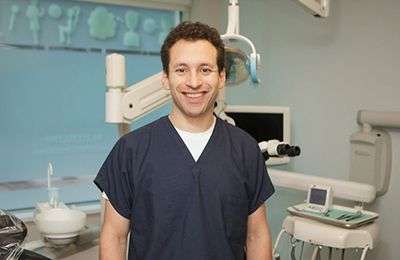 Our Providers
Our Providers
 Blog
Blog
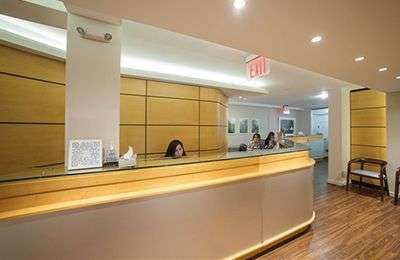 Contact us
Contact us
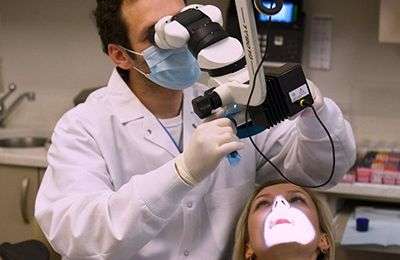 Endodontics
Endodontics
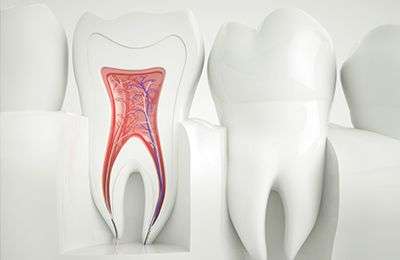 Root Canal Treatment
Root Canal Treatment
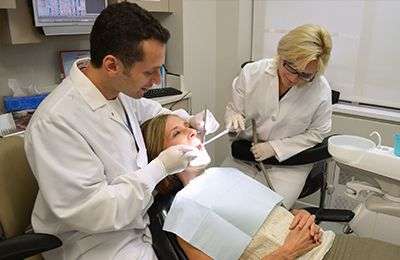 Emergency Root Canal
Emergency Root Canal
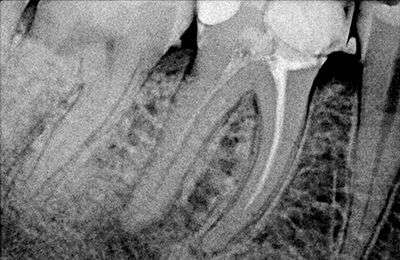 Root Canal Retreatment
Root Canal Retreatment
 Complimentary Teeth Whitening
Complimentary Teeth Whitening
 Teeth Whitening
Teeth Whitening
